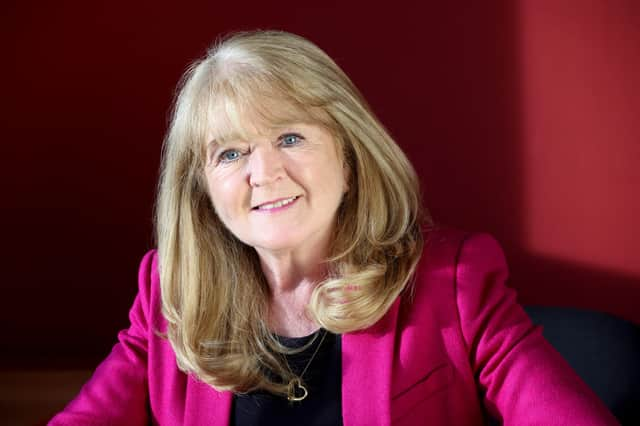Happy at our work? Equality Commission poll of opinions about NI workplaces


However, people are starting to go back into workplaces and we will once again be sitting alongside our colleagues.
As we return to offices and shop floors, the Equality Commission for Northern Ireland is publishing the results of its most recent Ipsos MORI survey in December 2020/January 2021, which included people’s opinions about Northern Ireland’s workplaces.
As you might expect, it’s a mixed picture.
Advertisement
Hide AdAdvertisement
Hide AdJust over half of people surveyed (53%) agreed that workers were treated with dignity and respect, and a small majority (54%) also said they believed workplaces were welcoming and inclusive.
A small but growing number of people who are actually working reported that they had personally in the last year experienced not being treated with dignity or respect at work, up from 15% in 2018-19 to 18% now.
More than a quarter of workers (27%) said they had witnessed this sort of experience happening to someone else in work.
This made me think about the sort of calls we had to our advice line last year, and what these tell us about the picture of discrimination at the workplace.
Advertisement
Hide AdAdvertisement
Hide AdIt was of course an unusual year for many in terms of fewer people working together in workplaces, but even so, we had 270 complaints of harassment at work.
You perhaps won’t be surprised to know that sexual harassment accounted for more than a quarter of these complaints, but perhaps you would be surprised to learn that harassment of people on account of their disabilities made up just under a quarter.
Religious belief or political opinion made up 21% and race 16%.
It’s interesting in the light of those figures to note that 45% of those surveyed by the Ipsos MORI thought that workplaces supported employees with disabilities.
Advertisement
Hide AdAdvertisement
Hide AdPerhaps it’s telling too that only 29% of people with disabilities agreed, while 51% of people with no disability thought employers did support people with disabilities at work.
So it’s clear we need to keep focusing on working with employers to address these areas, particularly the area of support at work for disabled people, which is a priority for us in our current corporate plan.
Women in employment is another priority area for the Equality Commission for Northern Ireland and we’ll be working on breaking down barriers that keep women out of work.
It’s encouraging that when we asked if employers should employ people according to whether a job is a ‘man’s job’ or a ‘woman’s job’, 78% overall say that they should not, which goes up to 85% of the youngest people surveyed.
Advertisement
Hide AdAdvertisement
Hide AdWhen asked to agree or disagree with the statement ‘When I meet a new work colleague, knowing their community background doesn’t matter to me’, 87% agreed with it, with only 7% disagreeing.
That’s a good first step to a more harmonious workplace.
The Equality Commission for Northern Ireland’s workplace research is now online at www.equalityni.org/PublicOpinionSurvey.
Further results on views on equality, Covid-19 and public services and much more will follow in the coming weeks and months.